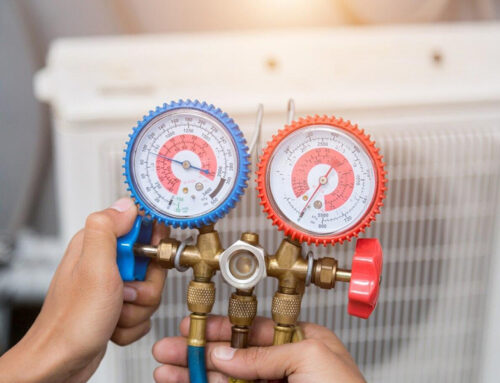ECO funding, FLEX, and HHCRO are all components of the UK government’s Energy Company Obligation (ECO) scheme, which aims to improve the energy efficiency of homes and reduce carbon emissions. Here’s an overview of each:
1. Energy Company Obligation (ECO): ECO is a government energy efficiency scheme that obligates larger energy suppliers to fund energy-saving measures in homes across the UK. It targets low-income and vulnerable households, as well as properties with solid walls or hard-to-treat cavity walls. ECO funding covers the cost of installing insulation, heating upgrades, and other energy efficiency measures.
2. Local Authority Flexible Funding (LA FLEX): LA FLEX is a component of ECO that allows local authorities to access funding to deliver energy efficiency improvements in their communities. It enables councils to target funding to specific areas or demographics and tailor energy-saving measures to local needs. LA FLEX funding may be used to provide insulation, heating upgrades, and other energy efficiency measures to eligible households.
3. Home Heating Cost Reduction Obligation (HHCRO): HHCRO, also known as the Affordable Warmth Obligation, is a part of ECO that targets low-income and vulnerable households. It aims to reduce the cost of heating for these households by funding energy efficiency measures such as insulation, boiler replacements, and heating system upgrades. HHCRO funding is available to households that meet certain eligibility criteria, such as receiving certain means-tested benefits.
In summary, ECO funding, FLEX, and HHCRO are all elements of the UK government’s Energy Company Obligation scheme, which provides funding for energy efficiency measures in homes across the UK. ECO funding covers the cost of energy-saving measures, LA FLEX enables local authorities to access funding to deliver energy efficiency improvements, and HHCRO targets low-income and vulnerable households to reduce the cost of heating and improve energy efficiency.




